
The causes of borders
Soundings 82 (2022)
The transformation of the conditions to which borders are a response: on the case for abolition. Also: Why alter-politics has a future, and democratizing Germany’s corporatist public service model.

The transformation of the conditions to which borders are a response: on the case for abolition. Also: Why alter-politics has a future, and democratizing Germany’s corporatist public service model.
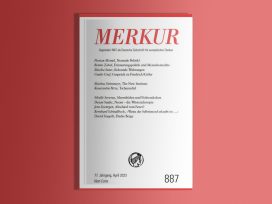
German policy on colonial genocide: legal responsibility via a collective right of memory? Also: colonial currencies and relationships of debt, and the problem with the Federal Constitutional Court’s doctrine of neutrality.
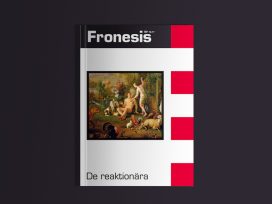
Reconsidering the authoritarian personality: Are progressives really on the right side of history? Can Reich’s theory of sexuality explain today’s far-right? And is the manosphere more than a reactionary self-help forum?
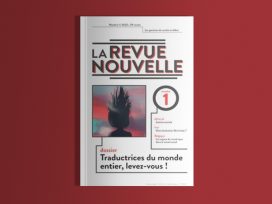
On translation as politicized practice: domestication versus foreignization; degendering and resistance; and the risks of translating feminist sociology back into Farsi.

Stalin through the journalism of his time: H.R. Knickerbocker’s interview with Ekaterina Geladze; Gareth Jones’s exposé of the Holodomor; W.E.B. Du Bois’s homage to a freedom fighter; and Raymond Aron’s optimism in 1956.

Sexual violence as a Russian weapon of war: exceptional brutality and widespread use as means of terrorising the Ukrainian population. Also: ambivalent attitudes to home among Ukrainian refugees; and women’s voices on the reconstruction debate.
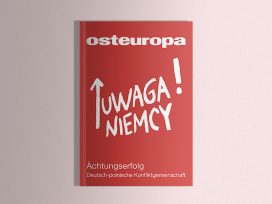
German–Polish relations in focus: how PiS instrumentalises reparations in the run-up to the Sejm elections; and why the post-war asymmetry between the countries serves the interests of Poland’s nationalists.
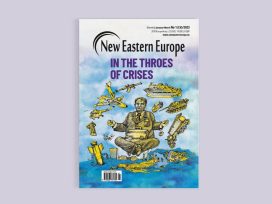
What the war in Ukraine has taught us about solidarity; why European democrats must insist on fair play; and Moldovan democracy under hybrid attack.
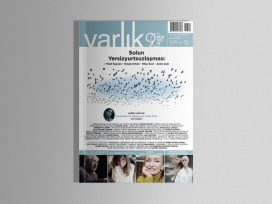
An earthquake preceded Erdoğan’s rise and another may have inaugurated his fall. In its January issue, Varlık reflects on perspectives for the Turkish left before the scheduled elections: how can the Labour and Freedom Alliance overcome historical dislocation and appeal to a socially conservative electorate?
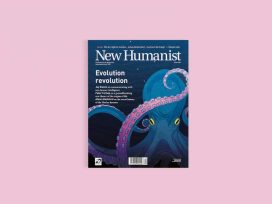
What it means to be a good ancestor; why intelligence is more-than-human; and how the Huxleys combined agnosticism with transcendence.
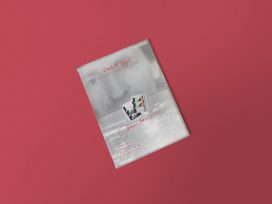
On the documentary poetry of Jonas Mekas; multi-voiced personalism as literary genre; and the history of the Fens as ecological morality tale.

How Germany is leading the way on the restitution of the Benin Bronzes; why nation state parochialism prevails over a European fourth estate; and how radical climate activism is bringing out the worst in Cold War conservatives.
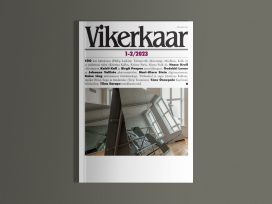
Why organised labour in Estonia is weaker than almost anywhere in Europe; how the gig economy could be made to work for labour; and what familiarity with everyday tools tells us about our plastic fork culture.
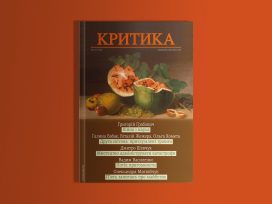
Better late than never: decolonising Ukrainian academia. Also: the WWII diaries of literary critic Viktoriya Kolosova; placenames and language politics; and poetry on Jewish-Ukrainian legacies.

Czech-Slovak reflections on the 30th anniversary of the breakup: why the partnership was unequal from the start; whether it was all the fault of Mečiar and Klaus; and why the Czechs really aren’t the more civilized.
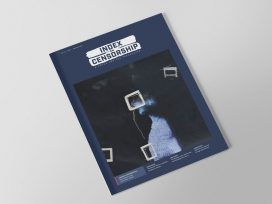
How the British royal family seals the archives to preserve the myth of constitutional impartiality – and why the truth will out, if not in the courts then the Commonwealth.